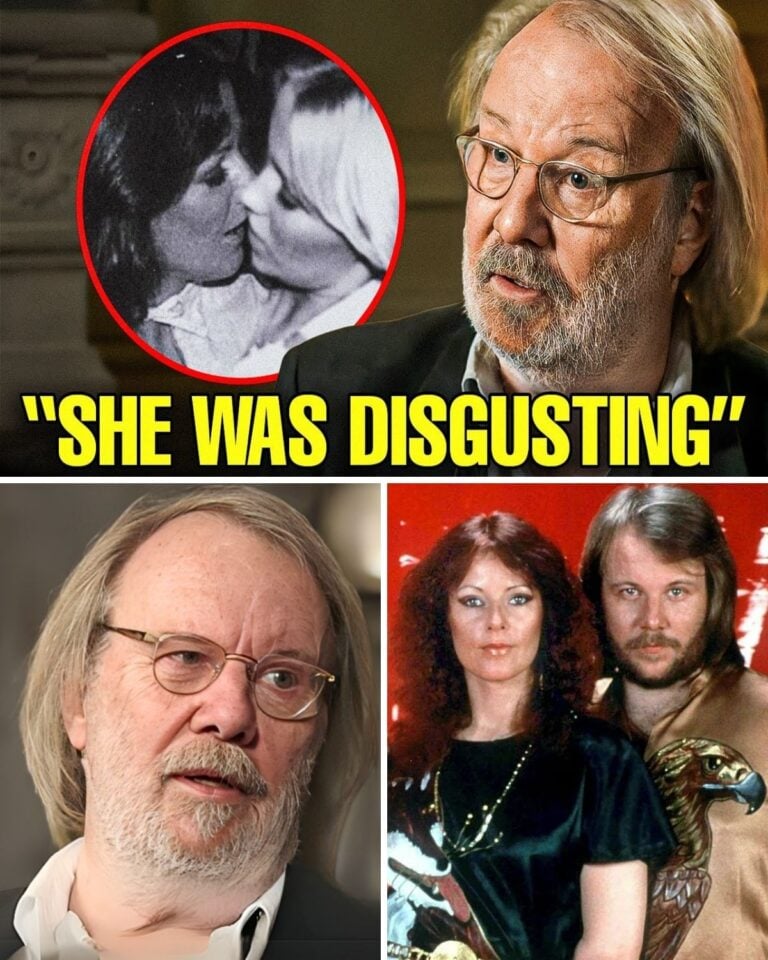In a revelation that has stunned old Hollywood historians and classic film fans alike, newly uncovered accounts have revealed the long-hidden animosity between screen legend James Cagney and war hero-turned-actor Audie Murphy. What began as professional skepticism has now been exposed as a deep ideological rift — one that strikes at the very heart of what it means to be an artist in the glare of fame.

James Cagney, born July 17, 1899, in the gritty streets of New York City, built his reputation as the embodiment of raw, unfiltered talent — a self-made actor whose explosive energy in The Public Enemy and Yankee Doodle Dandy defined an era. But behind the scenes, Cagney’s passion for authenticity in acting often made him a harsh critic of those who, in his eyes, were “manufactured” by Hollywood studios.
According to insiders and newly surfaced correspondence, Cagney harbored a fierce disdain for Audie Murphy, America’s most decorated World War II veteran who transitioned into film stardom in the late 1940s. While Murphy’s courage on the battlefield made him a national hero, Cagney reportedly saw his cinematic rise as a symptom of Hollywood’s decline into gimmickry.
“The man’s a hero, no doubt about that,” Cagney was quoted as saying. “But being brave on the battlefield doesn’t make you a master of the stage or screen.” He allegedly dismissed Murphy’s acting style as wooden and uninspired, remarking that “Audie Murphy could barely deliver a line without it sounding rehearsed.”

For Cagney, who treated acting as a sacred craft — one honed through years of sweat, instinct, and vulnerability — Murphy’s rise represented everything he feared about the direction of postwar Hollywood. “When you put a man in front of a camera because of his medals instead of his mastery,” he reportedly fumed, “you insult the intelligence of the audience.”
Behind closed doors, industry insiders say Cagney’s frustration wasn’t born of jealousy, but of principle. He viewed Murphy’s success as the product of studio propaganda — a dangerous blurring of heroism and entertainment that risked trivializing both. Hollywood, he feared, was beginning to trade depth for novelty, talent for publicity.
Historians now see this feud as symbolic of a larger divide in mid-century American cinema: the clash between authenticity and image, craft and celebrity. Cagney represented the old guard — actors who clawed their way up from theater and vaudeville, defined by grit and naturalism — while Murphy embodied a new kind of star: one made by the studio system, sold through headlines rather than performances.

Despite the tension, Cagney never denied Murphy’s bravery as a soldier, only the studio’s decision to turn valor into box office profit. The two reportedly crossed paths only once, exchanging polite but icy words at a Hollywood gala. “They smiled for the cameras,” one witness recalled, “but you could feel the frost between them.”
Today, as Hollywood continues to grapple with questions of authenticity and celebrity culture, Cagney’s words echo louder than ever. His belief that fame should never overshadow talent feels prophetic in an era defined by viral stars and instant notoriety.
Audie Murphy remains an icon of American heroism — his legacy carved in courage and sacrifice — while James Cagney’s remains one of artistic integrity and fierce independence. Yet, as these revelations resurface, one truth becomes clear: even in Hollywood’s golden age, the battle between fame and authenticity was already raging.
This rediscovered feud between two American icons doesn’t just reopen an old wound — it reminds us that the glitter of stardom has always come with shadows.





